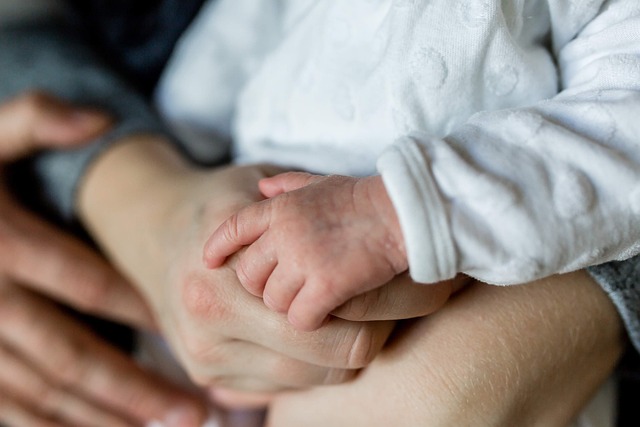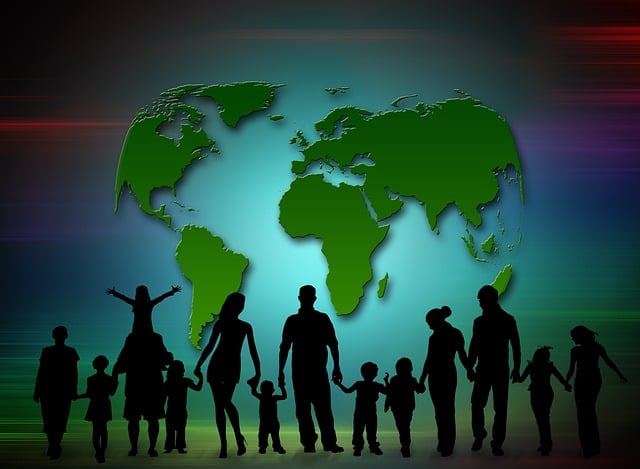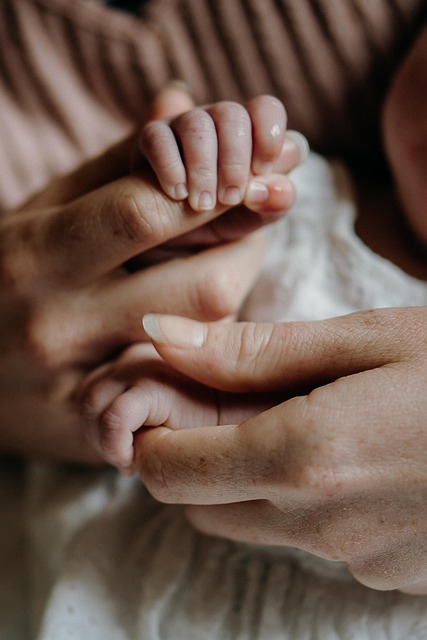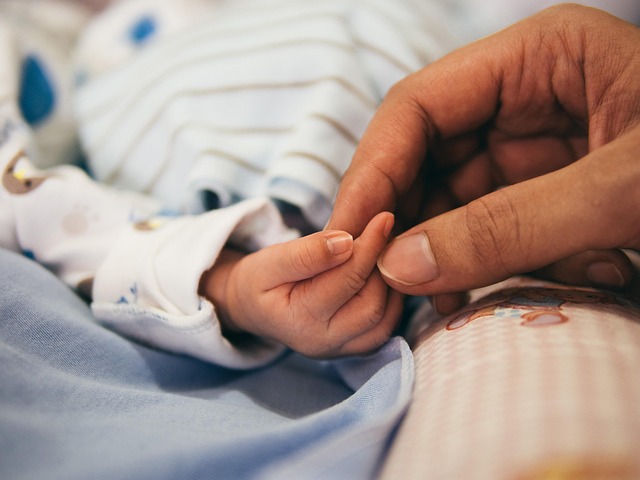Oregon's Department of Human Services (DHS) leads a comprehensive child welfare system, prioritizing the protection of vulnerable children. Key components include responding to abuse/neglect reports, providing foster care and permanent homes, and offering specialized legal services (child welfare legal services) to navigate complex regulations. In Lane County, the Child Advocacy Program coordinates multi-agency efforts, focusing on holistic support for abused and neglected children. Understanding child protective services law, parental rights, and Oregon family law is crucial for stakeholders to actively participate in DHS cases and enhance outcomes for involved children. The system ensures a balance between protecting children and upholding parental rights while adhering to strict protocols for the best interests of minors.
“In Oregon, knowledge of the intricate web of child welfare regulations is paramount for all stakeholders—from parents and guardians to social workers and advocates. This comprehensive guide delves into the core aspects of Oregon’s child welfare system, including legal services that safeguard parental rights in DHS cases, the pivotal role of Lane County Child Advocacy in supporting vulnerable children and families, and a detailed exploration of your rights when navigating DHS involvement. We also dissect Oregon Family Law’s profound impact on child welfare proceedings, providing essential resources for parents advocating for themselves within these complex systems.”
- Understanding Oregon's Child Welfare System: A Comprehensive Overview
- Child Welfare Legal Services: Protecting Parental Rights in DHS Cases
- Lane County Child Advocacy: Supporting Vulnerable Children and Families
- Navigating DHS Involvement: Your Rights and the Child Protective Services Law
- Oregon Family Law and its Impact on Child Welfare Proceedings
- Resources for Parents: Advocating for Yourself in Child Welfare Cases
Understanding Oregon's Child Welfare System: A Comprehensive Overview

Oregon’s child welfare system is a complex network designed to protect and support vulnerable children while ensuring their well-being and future stability. At the heart of this system lies the Department of Human Services (DHS), which administers various services under the umbrella of Child Welfare. This includes responding to reports of abuse or neglect, providing temporary placement and permanent homes for foster children, and offering specialized legal services to navigate the intricate child welfare regulations. Understanding these regulations is crucial for both parents and those involved in the system, as it directly impacts parental rights protection and the overall trajectory of DHS child welfare cases.
In Lane County, one of the key focal points is the Child Advocacy Program, which coordinates efforts between various agencies to offer comprehensive services to abused and neglected children. This collaboration ensures that victims receive the necessary legal, medical, and emotional support throughout their journey. Moreover, the program advocates for a holistic approach to Oregon family law, recognizing that stable families are built on a foundation of knowledge and understanding. By staying informed about the child protective services law and parental rights, individuals can actively participate in the system, ensuring the best possible outcomes for children involved in DHS cases.
Child Welfare Legal Services: Protecting Parental Rights in DHS Cases

Child Welfare Legal Services play a pivotal role in safeguarding parental rights within DHS (Department of Human Services) child welfare cases in Oregon, with a particular focus on Lane County child advocacy. These legal services are designed to ensure that parents involved in the child protective services system receive fair treatment and have their rights protected under the law. With a deep understanding of both Oregon family law and the complex dynamics of DHS cases, these legal professionals guide parents through every stage of the process.
They provide vital support by offering legal advice, assisting with case planning, and representing parents in court when necessary. This proactive approach not only helps to maintain strong family connections but also ensures that the best interests of both the child and their family are taken into account. By leveraging Oregon’s robust child welfare legal services, parents can navigate the system with confidence, knowing their rights and responsibilities are being upheld throughout the child advocacy process.
Lane County Child Advocacy: Supporting Vulnerable Children and Families

In Lane County, Oregon, Child Advocacy centers play a crucial role in supporting vulnerable children and families affected by domestic violence, abuse, or neglect. These centers provide a safe space where law enforcement, medical professionals, and mental health specialists collaborate to offer comprehensive services tailored to the unique needs of each child. By coordinating efforts through these advocacy centers, Lane County strives to ensure that children receive the necessary legal protection and support while also upholding parental rights within the framework of Oregon family law and DHS child welfare cases.
The advocacy model adopted by Lane County goes beyond immediate crisis intervention. It focuses on long-term healing and stability for both children and their families. Through specialized legal services, these centers assist parents in understanding their rights and navigating complex child welfare regulations. This proactive approach not only empowers families but also helps prevent future instances of abuse, fostering a safer and more supportive environment for all involved.
Navigating DHS Involvement: Your Rights and the Child Protective Services Law

When a child’s safety is at risk, the Department of Human Services (DHS) in Oregon steps in to provide child welfare legal services and protect the rights of both parents and children. In Lane County, child advocacy efforts are a key focus, ensuring that every child receives the necessary support and resources. The Child Protective Services Law guides this process, outlining the responsibilities of DHS and the rights of families involved in these cases.
Parental rights protection is a cornerstone of Oregon family law, and DHS must adhere to strict protocols when removing a child from their home. Families have the right to legal representation and an opportunity to challenge any allegations made against them. Understanding the intricacies of these laws is crucial for anyone navigating a DHS child welfare case in Lane County, ensuring that all parties’ rights are respected throughout the process.
Oregon Family Law and its Impact on Child Welfare Proceedings

Oregon’s Family Law plays a pivotal role in shaping child welfare proceedings, ensuring a delicate balance between safeguarding children and upholding parental rights. The state’s legal framework is designed to provide comprehensive child welfare legal services while adhering to strict protocols that protect the best interests of minors involved in DHS child welfare cases. In Lane County, for instance, child advocacy initiatives have been instrumental in supporting vulnerable youth through the complex legal process.
The child protective services law in Oregon emphasizes a holistic approach, recognizing that effective interventions require understanding both the child’s needs and the family dynamics. This dual focus ensures that parents are not only educated about their rights but also receive the necessary support to overcome challenges. Such proactive measures contribute to positive outcomes for children involved in child welfare cases, fostering secure and stable environments within their homes.
Resources for Parents: Advocating for Yourself in Child Welfare Cases

Parents involved in Oregon’s DHS child welfare cases have access to various resources designed to empower them and advocate for their rights. Understanding your parental rights protection is a crucial step in navigating these challenging situations. Organizations like Lane County Child Advocacy offer legal services tailored to help parents navigate the complexities of child protective services law. These advocates ensure that families are aware of their options and can assist with legal representation, guidance on procedural steps, and connecting parents with necessary support systems.
In addition to advocacy groups, there are comprehensive Oregon family law resources available through state-run programs. Parents can access information about their rights, the child welfare legal process, and ways to protect their parental relationships. These resources empower families to actively participate in decision-making processes and ensure that their voices are heard throughout the child welfare cases. By leveraging these advocacy tools, parents can better understand and defend their rights, fostering a more positive outcome for themselves and their children.






